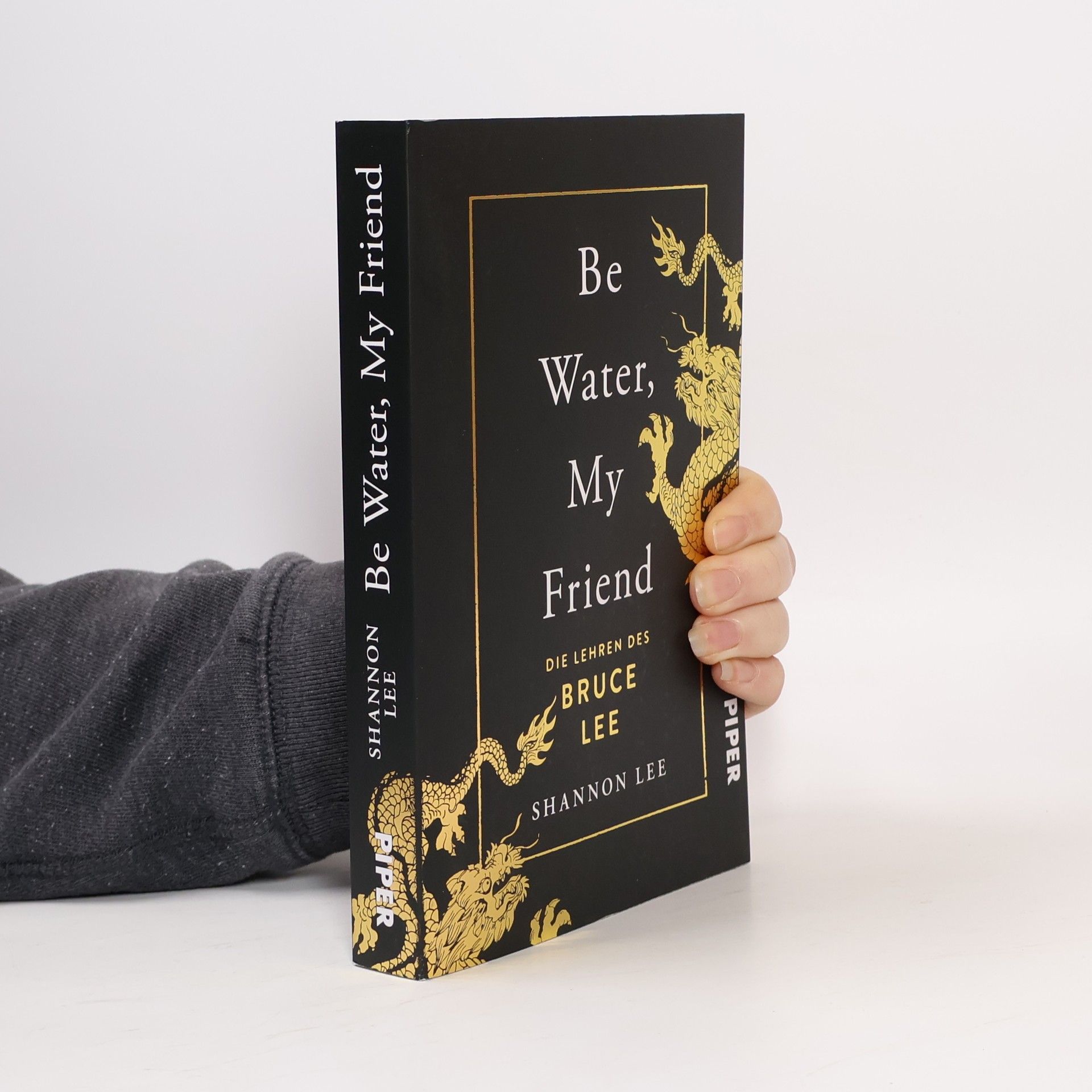Be Water, My Friend
Die Lehren des Bruce Lee | Der Weg zu mentaler Stärke und innerer Ruhe
- 288 Seiten
- 11 Lesestunden
Bruce Lee ist eine Ikone, weltbekannt für seine Kampfkünste und sein filmisches Vermächtnis. Aber er war auch ein zutiefst philosophischer Denker, der glaubte, dass Kampfsport mehr sei als nur eine Übung in körperlicher Disziplin – vielmehr sah er in ihm eine Metapher für persönliches Wachstum. In diesem Buch teilt Shannon Lee bisher unbekannte Anekdoten aus dem Leben ihres Vaters und all jene Ideen, die den Kern seiner Lehren bildeten. Jedes Kapitel enthüllt eine Lektion der legendären »Be Water«-Philosophie und nimmt uns so mit auf den Weg hin zu einer kraftvollen, ausgeglichenen Art des Seins.

